
Despite the low viewership and even the ribbing she gets for her TikTok uploads, Swan Anding Meraluo dreams of the promise the social media app can deliver when she accumulates the required numbers, in Quezon City on June 1, 2022. Jonathan Cellona, ABS-CBN News
MANILA — The Department of Information and Communications Technology (DICT) said it is not recommending a ban on social media platform TikTok for now, after a proposed measure was filed in the House of Representatives.
However, the agency said it wants to regulate all online sites and messaging apps instead.
At the public briefing for the National Cybersecurity Plan 2023-2028, DICT Undersecretary Jeffrey Ian Dy asserted that DICT would prefer that all social media apps and sites, including online shopping platforms and messaging apps are monitored and regulated.
Dy said currently there is no law regulating all these online platforms similar to policies in Europe and the United States.
“We are in support of regulation of OTTs [over-the-top messaging] and social media platforms specially in their following of our rules on privacy, our rules on cybersecurity, our rules on computer security,” Dy said.
The SIM Card Registration Act, touted by lawmakers as a solution to scam and spam text messages, has so far failed to curb the practice.
Manila Rep. Bienvenido Abante Jr has filed a measure seeking to prohibit so-called “foreign adversary-controlled” applications in the Philippines.
TikTok, and its Chinese counterpart Douyin, are owned by Chinese firm ByteDance.
The US has passed a law that would ban TikTok unless ByteDance divests from the app.
The app has been subject to bans — either on government and work devices or entirely — in jurisdictions across the world, including China, India, Australia, the United Kingdom and parts of Europe.
Abante cited TikTok as an example of tech that a foreign government may use to get sensitive information or use its content to fuel misinformation.
But for Dy, banning will be part of process or sanction in extreme cases and will cover all apps.
“Yung banning, I think, is in the form of maximum penalty of regulations. Hindi lang (Not just) TikTok. We’re not singling out a particular application.”
Dy added that social media and messaging apps need to be regulated so they follow Philippine laws and they can be held accountable if scams or misinformation are being shared on their site.
He revealed that even messaging apps are used for illegal schemes.
“Somebody has to act as a controller. Acting in behalf of the welfare of the public. That could be government through regulation,” he said. “Para ipasok natin, tanggalin at ipasok at regulate nga ang mga terms and conditions regarding use of private data.”
Dy said they are will support a cybersecurity law or other similar policies that may also include regulation of social media sites and messaging app.
He said they want to secure the country’s digital space as part of the National Cybersecurity Plan (NCSP) 2023-2028.
The new plan aims to help the government have a streamlined cyber defense, so each agency can act against attacks and data breaches.
Dy said that, in this year alone, they have recorded over a thousand incidents of possible hacking or malware in government sites.
The NCSP aims to protect government network infrastructure, monitor threats, train the public on cybersecurity, and establish policies on cybersecurity and new emerging trends.
The DICT hopes this will be the work of all government agencies as it urges them to join the National Cybersecurity Operations Center (NSOC) so they can all help together combat threats. Currently, out of 200+ government agencies, only 28 are connected to NSOC.
“The entire government must be on the same page papaano (on how to) mag-implement ng cybersecurity defenses,” Dy asserted.
文章来源: ABS.CBN NEWS


TKFFF公众号
扫码关注领【TK运营地图】

TKFFF合作,请扫码联系!


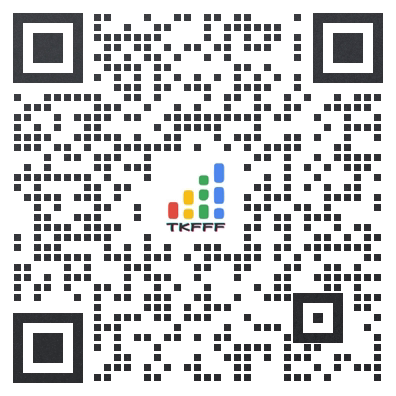
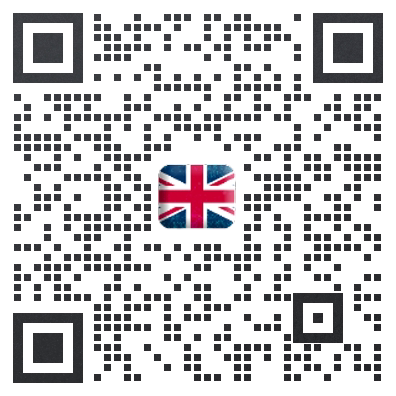
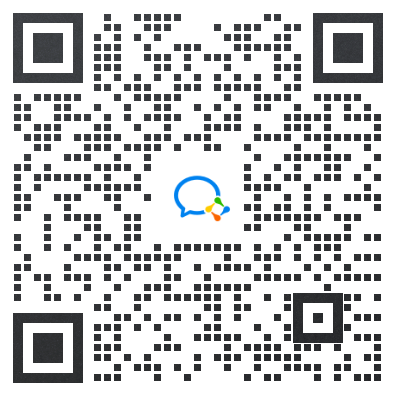
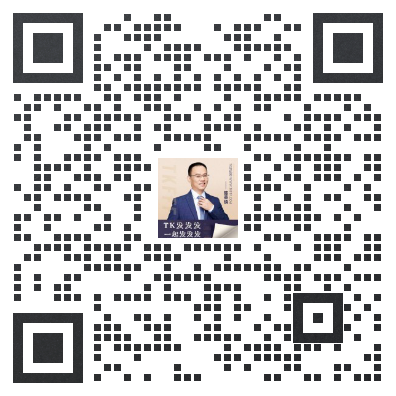
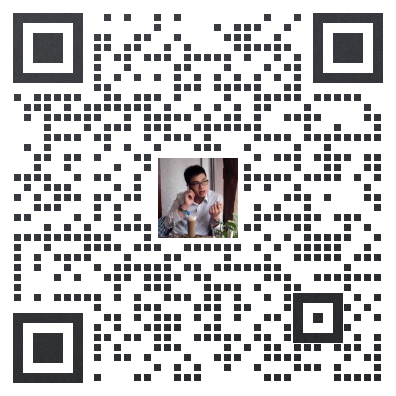
 闽公网安备35021102002035号
闽公网安备35021102002035号